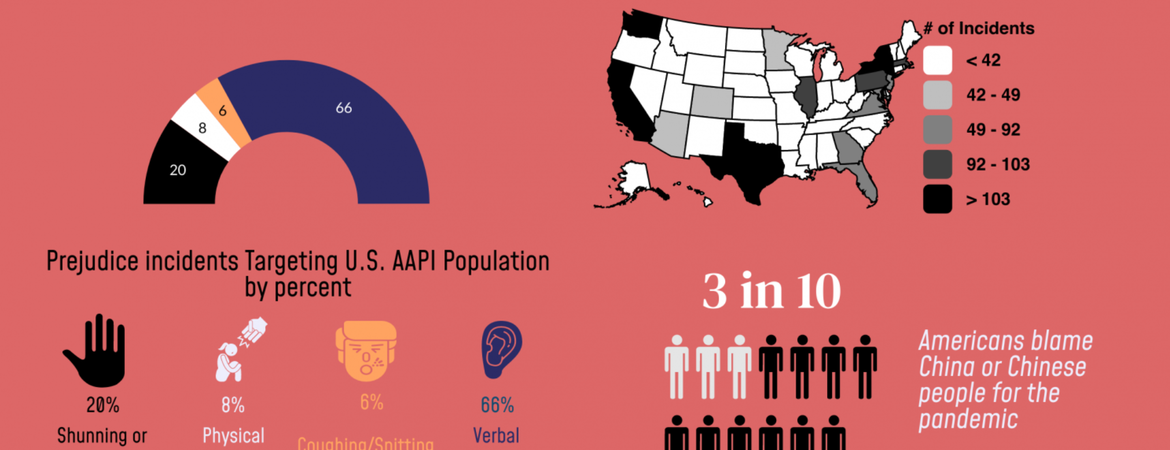Center for Social Innovation

There’s a Chinese proverb that says 一个可以吞下侮辱的人是一个男人 or “One who can swallow an insult is a man.” In the light of the East Asian hate crimes this past year, this phrase represents the silence and backlash that Asian Americans have taken.
Inny Kim, a long-term sub for social science at Trinity Prep, was standing in the checkout line at Costco when she remembered she had forgotten to buy some eggs. She dropped out of the line and ran towards the produce section when she heard someone call out, “Run back to Asia while you’re at it.”
Like Kim, another Asian American who asked to remain anonymous was shopping at Walmart at the beginning of the pandemic last year when an old man stopped her. Rather than introduce himself, he started shouting racial slurs and eventually, coughed on her before walking away.
These two experiences make up only a fraction of the number of hate crimes against Asian Americans this past year. The xenophobia towards China has become the fuel for the ongoing racism against Asians in America. But ever since the Atlanta spa shooting on March 16, Asian-American racism is finally being discussed on a national level.
A study done by Stop Asian American Pacific Islander (AAPI) Hate revealed that, despite an overall decline in the total number of hate crimes since the pandemic began, there has been a 150% increase in hate crimes against Asian-Americans in 2019-2020 in major cities of the U.S. alone. However, the 3,800 incidents that were reported to the AAPI do not come close to representing the true extent of these hate crimes.
“What our data shows is that upwards of 2 million AAPIs have experienced these hate incidents since COVID-19 started,” Karthick Ramakrishnan, the founder of AAPI Data told NBC. “But a very small fraction of them have reported to community hotlines, and an even smaller proportion have been established by law enforcement authorities as hate crimes.”